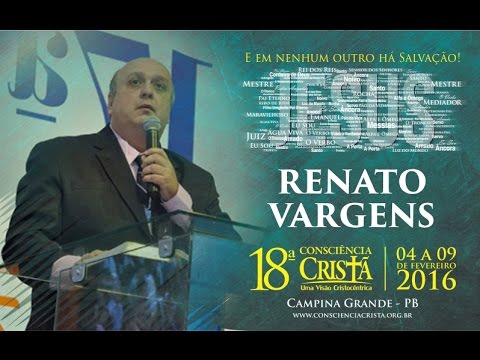Excerpt from the book? Reform Now? The antidote to evangelical confusion in Brazil ?, launched in September by Editora Fiel. Register your email until September 13 and receive the 50% discount link. Be part of the faithful community! (Promotion valid until 13/09).
Never before have we seen so many apostles as at the beginning of this century; in every nook, nook and cranny, we find someone who claims the right to be called an apostle.
- The so-called restorative movement defends the thesis that God restores the Church.
- For they.
- After the death of the first apostles.
- The Church of Christ gradually experienced a process of spiritual decline that culminated in the apostasy experienced by its adherents in the Middle Ages.
With the advent of the Protestant Reformation, proponents of this theology claim that God began to restore the health of the church. According to them, Luther was responsible for the rediscovery of salvation by grace, and now in the 21st century we are living the restoration of the apostolic ministry. Theologians in this line of thought affirm that the restoration of the apostles is one of the last things the Lord must do before his coming. For the followers of this reflection, today’s apostles have, in some cases, greater authority than the apostles of the first century, in particular because, for the defenders of this theological current, the glory of the second house will be greater than the first.
For them, the apostolic ministry is not over. In fact, these theologians argue that apostolic ministry is perpetual and that the book of Acts is always written by holy men of God, who, by their apostolic authority, act in the name of the Lord.
This movement bears its similarities to the rise of Mormons and the Church of Latter-day Saints, which teaches that the corpus of God-inspired writings has not been closed and that God has many new things to say and reveal to his Saints through his apostles.
Unfortunately, like Mormons, followers of the apostolic movement regard the Bible as an important source of faith, but not the only one, because the apostles of that time, God, through his prophets, can reveal new things, even if it is contrary to His Word just look at today’s doctrines and we will conclude that the apostles of the 21st century believe that their revelations are absolutely directives , regulations and undisputed.
1. The Apostle must witness the Risen Lord. In Acts we see the apostles gathered in the upper chamber, talking about who would replace Judas. In Acts 1: 21-22, we read: “Wherefore, men who accompany us all the time that the Lord Jesus has walked among us, from the baptism of John, to the day he was abducted among you, must one of them become a witness with us of his resurrection?Paul says he saw the risen Jesus: “Am I not, perhaps free, am I not an apostle?Haven’t I seen Jesus, our Lord? (1Co 9. 1)
2. The Apostle was to receive a special call from Christ to exercise this ministry. The scriptures are absolutely clear in showing us that the Apostles, including Paul, were called by Christ (Mt 10:2-4; Gal 1,11-24).
3. The apostle was someone who had been given the power to perform miracles. This is very clear in 2 Corinthians 12,12: “For the credentials of my apostolate have been manifested among you with all perseverance, through wonderful signs and miraculous powers. ” It was as if he said, “How can you question my office as an apostle, if my credentials were clearly presented among you?” Wonderful signs, miracles and wonders.
The Apostle had the authority to teach and define doctrine by establishing people in truth.
The Apostles had authority to establish order in the churches; they appointed elders, resolved disciplinary and doctrinal matters, and spoke with the authority of Jesus himself.
Does that make the apostles of modernity really claim the title of Apostle of Christ?Were any of them sent by Christ to exercise apostolic ministry?How many Brazilian apostles have risen from the dead?What about your doctrines?
Well, unfortunately, him? The apostles of our time have no answer to these questions.
The position of evangelical orthodoxy understands that apostolic ministry ceased with the death of the apostles in the first century. Without a doubt, do I plan to use the title?On the part of pastors as a deviation from a ministry, which no longer exists in the sense we see in the New Testament.
By: Renato Vargens
Excerpt from the book? Reform Now? The antidote to evangelical confusion in Brazil ?, launched by Editora Fiel for September.

